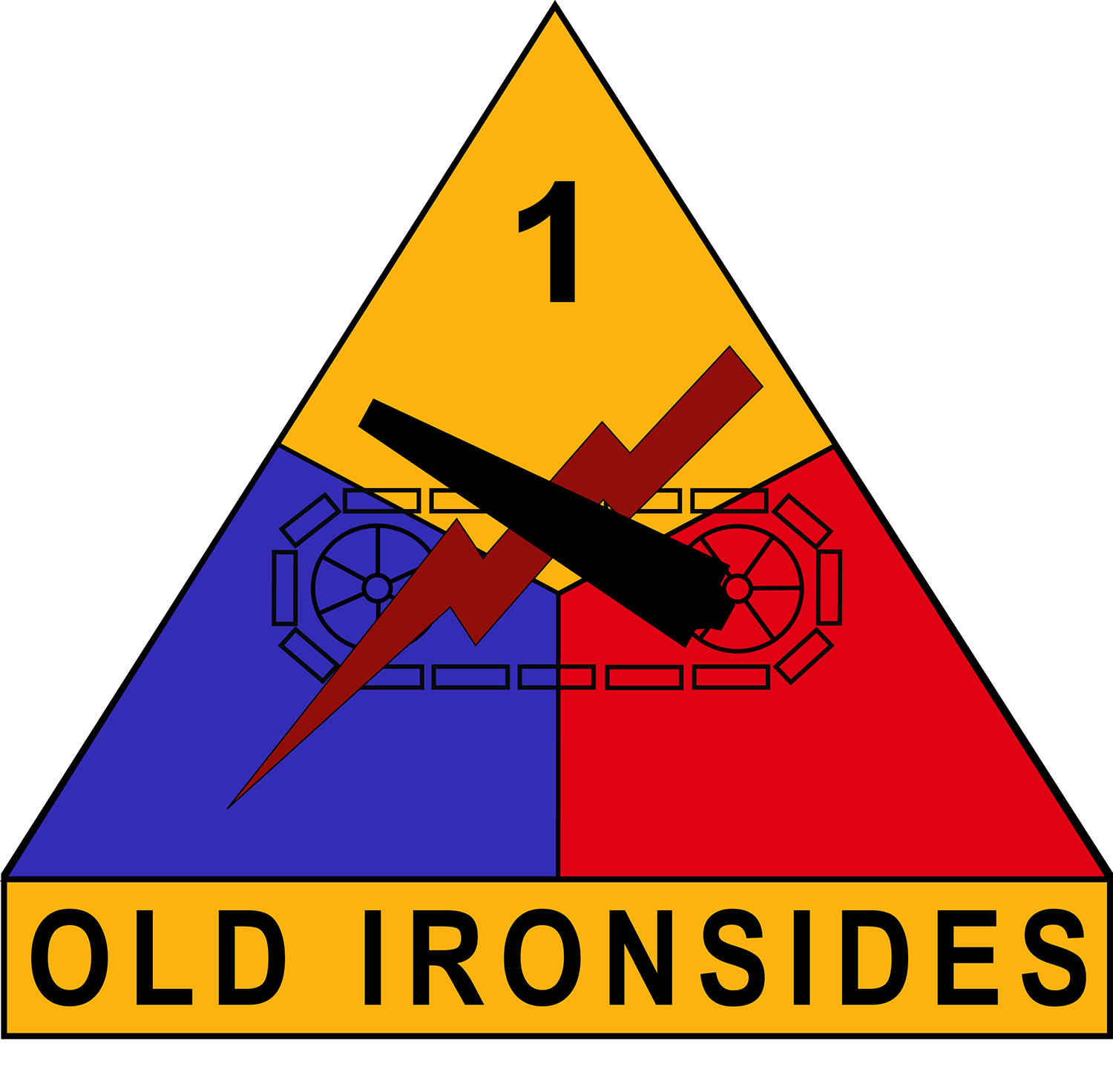
Know Your Rights Under USERRA
By Blaise Antoniou, Fort Bliss Legal Assistance Office
Reserve Component and National Guard members of the uniformed services are entitled to increased protections in their civilian employment. It is important for them to know what protections are afforded and the process to enforce these expansive rights.
USERRA, otherwise known as the Uniformed Services Employment and Reemployment Rights Act, affords protections to National Guard and Reserve Component personnel and was created with three primary objectives. First, ensuring that Reserve Component and National Guard service members are not disadvantaged in their civilian careers because of their military service. Second, minimizing disruptions to these service members and their workplaces. Third, ensuring that these uniformed service members are not discriminated against by employers because of past, present, or future military service.
Thus, when an individual leaves their civilian employment position, as necessitated by service in the uniformed services, they are entitled to reemployment rights and benefits provided by USERRA. In order to qualify for the reemployment rights, the employee must first provide advanced notice, either verbal or written, of their service, their non-exempt service with the employer must be less than five years, they cannot receive a disqualifying discharge, and they must provide notification of their intent to return to their employer within a certain time frame. If all these requirements are met, then a service member returning from duty is entitled to be reemployed upon return.
The reemployment entitled to the service member adheres to the escalator principle. The escalator principle ensures that the service member is reemployed in the position they would have been in at the workplace had the employee not left the workplace for military service. This includes seniority, status, pay, wage increases, promotions and pension benefits treated as no break in employment. The legal standard that must be met for these to apply is reasonable certainty the employee would have earned the position and benefits had they not left for service.
Many employees may need to be refreshed in their skills or may require additional skills and training to get the position they are warranted via the escalator principle. Therefore, employers must make reasonable efforts to qualify a returning service member for the reemployment position. Employers must provide refresher training and any other training necessary to update a returning employee’s skills so that he or she has the ability to perform the essential tasks of the position.
In addition to reemployment rights and benefits, USERRA provides that employers may neither discriminate nor retaliate by adverse action in hiring, promotion, retention in employment, or providing benefits. However, in order for an employer’s actions to be invalid under USERRA, the employee’s military service needs to be a motivating factor in these decisions, meaning that it is one of the reasons that the employer took the action. Therefore, evidence cannot show that the employer would have taken the same action in the absence of military service.
If the employee incurs a disability or it is aggravated during the performance of uniformed service, the employer must make reasonable efforts to accommodate the disability and to help the employee become qualified to perform the duties of the reemployment position. If the disabled individual is unable to qualify for the job despite reasonable efforts by the employer then the employee must be reemployed in either a position that is equivalent in seniority, status, and pay to the escalator position or a position that is the nearest approximation to the equivalent position.
Recently, a new development has been made that expands USERRA rights against State employers. Torres v. Texas Department of Safety is a Supreme Court case regarding a service member returning to his State employer, having been disabled because of service. The service member’s disability prevented reemployment to his previous position and he then requested an equal position that did not have the same physical requirements. This request was rejected by his employer and the employee subsequently filed a USERRA complaint. This led to a lawsuit against the Texas Department of Public Safety. The claim was originally rejected from court as the State of Texas was deemed immune from nonconsensual litigation. However, the Supreme Court changed this rule and now employees of the State may present their case to Congress for their USERRA rights to be enforced via civil litigation against State employers. This means that employees who have been discriminated against by State employers as a result of their military service can now bring a USERRA suit regardless of whether the State consents to the suit.
Those who believe their USERRA rights have been violated may file a formal complaint with the U.S. Department of Labor, Veterans Employment & Training Service (DOL-VETS) by first downloading and filling out Form 1010, and then submitting it online to DOL-VETS online, or faxing or mailing the form to the appropriate DOL-VETS office in Washington D.C. Once they receive a USERRA complaint, DOL-VETS will investigate and attempt to resolve it.
If the Department of Labor cannot resolve a USERRA complaint, the person filing the complaint has the right to have DOL forward his or her complaint to the Department of Justice for review. The DOJ is responsible for enforcing the provisions of the USERRA against State and local government employers and private employers. If the Department of Justice takes the case, they will serve as the complainant’s attorney if the complainant works for a private employer or a local government. If the complainant works for a State government, the Department of Justice may bring a lawsuit in the name of the United States.
If you have more questions about this topic, please schedule an appointment to speak with an attorney at Fort Bliss Legal Assistance Office by either calling (915) 568-7141 during office hours or emailing usarmy.bliss.hqda-otjag.mesg.bliss-legal-assistance-office@mail.mil anytime.




